University of Exeter creates free resources as part of LGBT+ History Month to help UK school pupils learn about LGBTQ+ scientists
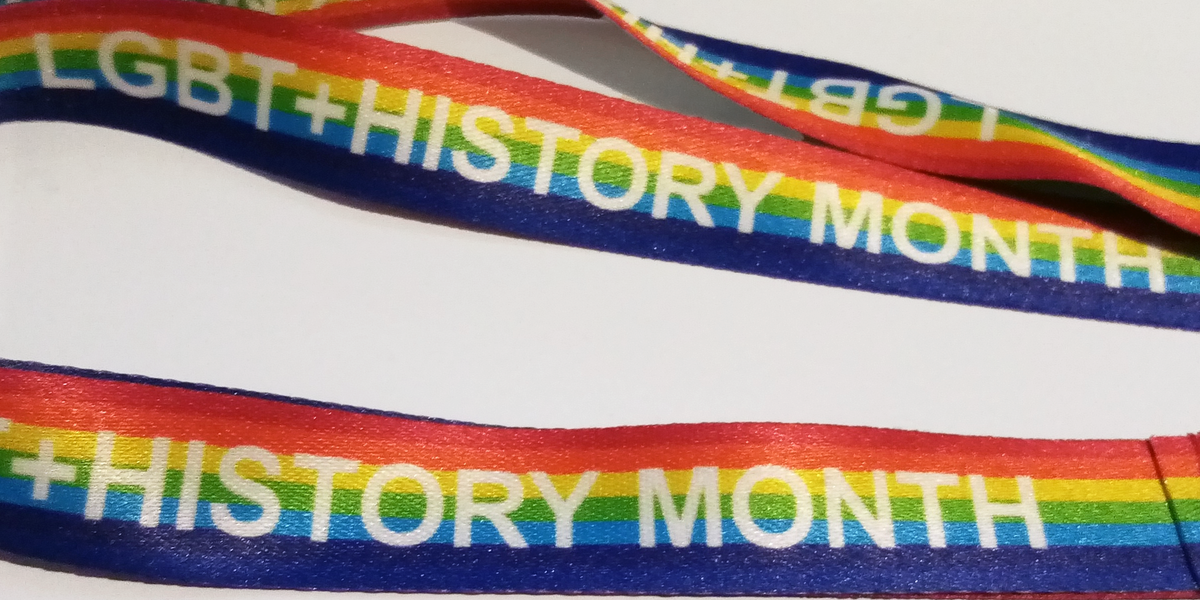
University of Exeter experts have produced free educational resources championing the achievements of LGBTQ+ individuals working in maths and science for secondary schools and museums across the UK.
The educational resources, which include posters, postcards, videos and class activities, have been produced in collaboration with the LGBTQ+ education charity Schools OUT for the UK's LGBT+ History Month in February 2026.
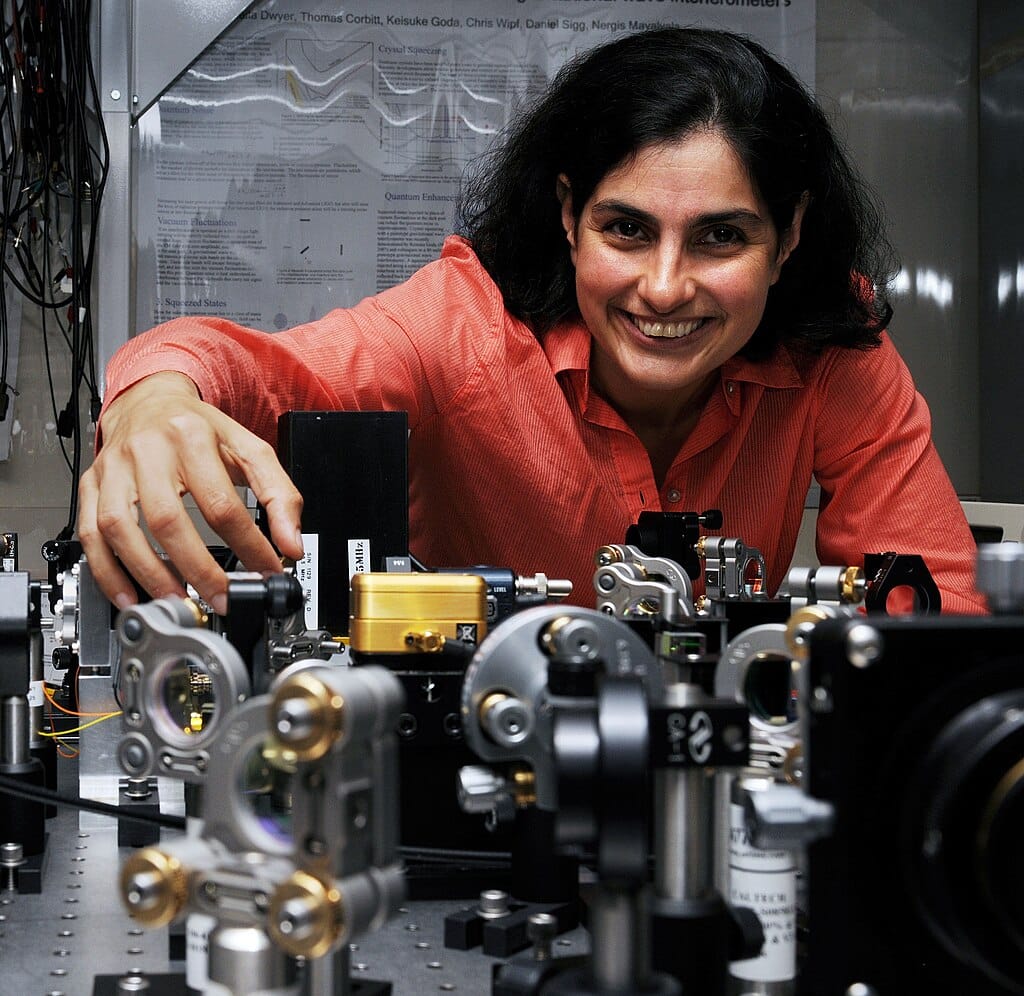
Schools OUT has been working for more than 50 years to combat prejudice and ‘usualise’ LGBTQ+ people, aiming through education and advocacy to empower people to create environments where all LGBTQ+ people feel safe, seen and supported.
The resources were launched at a special event at the Royal Society of Chemistry on Friday, 7 November where it was announced that the theme for 2026 would be Science and Innovation.
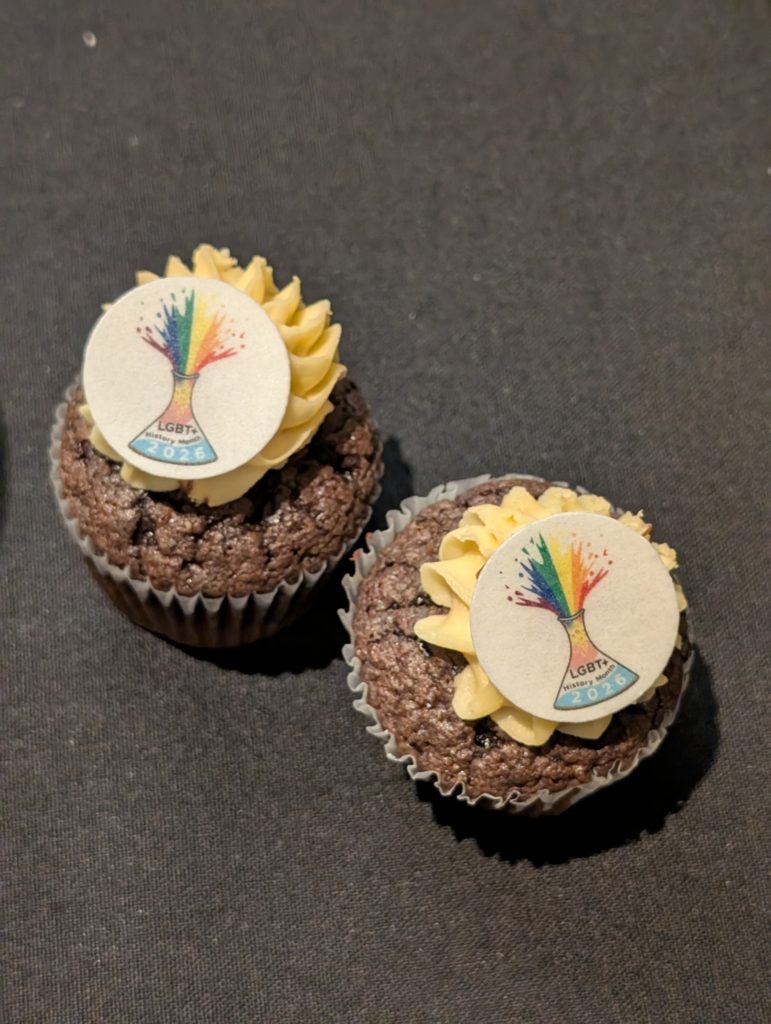
Exeter academics have been helping young people to recognise LGBTQ+ figures in STEMM (science, technology, engineering, maths and medicine) through the Queer Science Competition, which ran in 2020, 2022 and 2024.
The 2024 edition was funded by the Royal Society of Chemistry’s Inclusion & Diversity Fund and Chemists’ Community Fund, which support initiatives that engage directly with under-represented communities and support wellbeing, accessibility, and inclusive participation in the chemical sciences.
The resources help bring to light some of the untold stories of LGBTQ+ scientists, engineers and mathematicians whose contributions have been overlooked.
The Queer Science Competition, which was led by the PRISM Exeter LGBTQ+ network, challenged secondary school, college, and university students across the South West to discover and celebrate the science and achievements of lesser-known LGBTQ+ scientists, technologists, engineers, mathematicians and medics.
The new materials are based on these competition entries and include profiles of the mathematician and chess champion Ron Buckmire, the pioneering physicist Nergis Mavalvala and the American evolutionary biologist Joan Roughgarden.
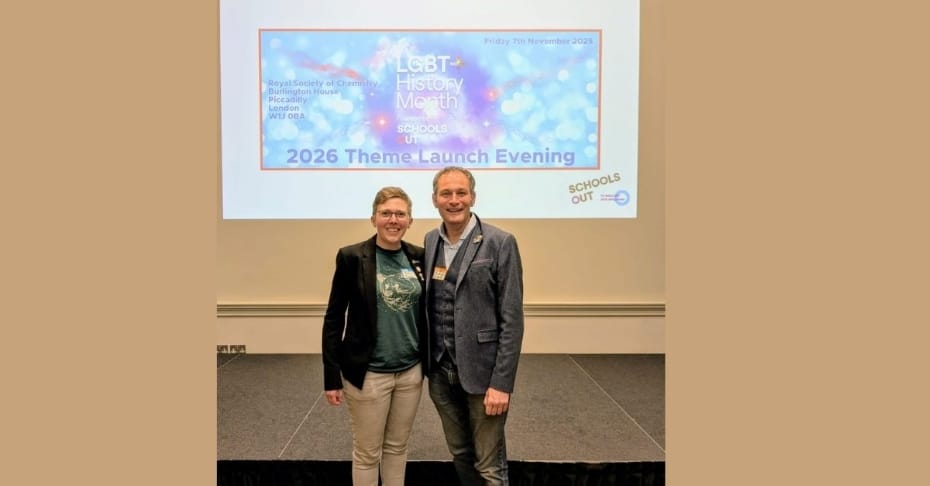
Dr Claire Davies, a University of Exeter academic and founder of PRISM Exeter, said the resources will for the first time integrate LGBTQ+ identities into Key Stage 3 and 4 maths and physics lessons and praised the ‘incredibly inspiring’ competition entries.
“The resources help bring to light some of the untold stories of LGBTQ+ scientists, engineers and mathematicians whose contributions have been overlooked,” said Dr Davies.
“We were so delighted to be able to use the Queer Science competition entries in this way, as they revealed significant yet little-known contributions to science and technology, and important work to make science and maths more inclusive.”
Dr Davies added that although Section 28 – the law which essentially resulted in forbidding the positive teaching of LGBTQ+ identities and relationships – was repealed over 20 years ago, there are still very few visible role models of LGBTQ+ figures in STEMM.
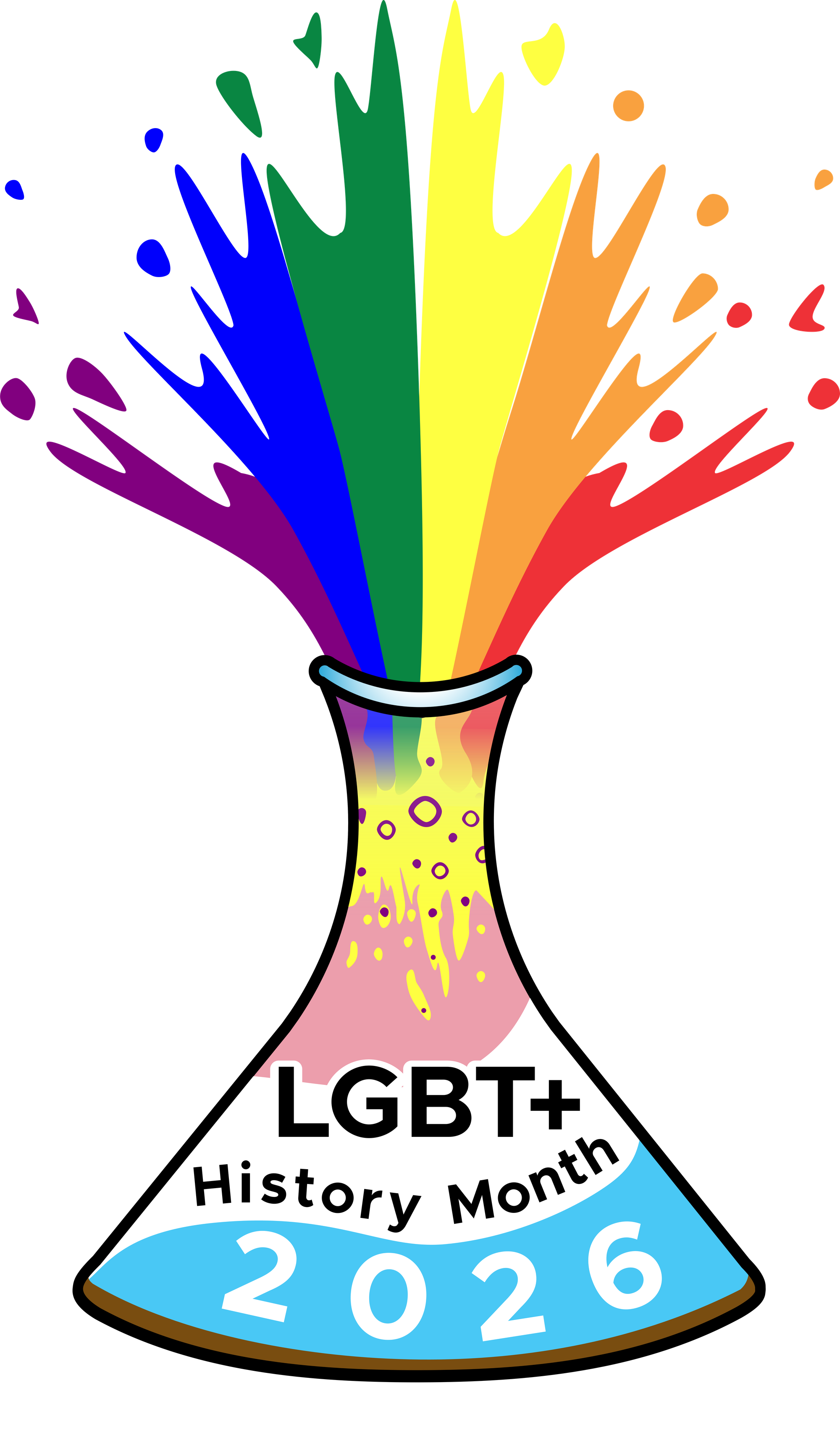
“It shows how changing laws and undoing their lasting impact are two very different things,” she said. “However, education can help redress this imbalance, which is why we’re delighted to be working with Schools OUT on this project, as it ensures real impact across UK schools, museums and other educational settings.”
Professor Emeritus Sue Sanders, CEO of Schools OUT and co-founder of UK LGBT+ History Month said: “At Schools OUT we have worked tirelessly to ‘usualise’ LGBTQ+ people in all our diversity, producing free resources for education settings and beyond. We often see very little representation of LGBT+ people working in STEM, which is why we chose ‘Science and Innovation’ as the theme for 2026.
“We have long admired the work PRISM do and jumped at the chance to work with them on expanding the reach from the poster competition they held last LGBT+ History Month. These resources will be able to be used throughout this year and beyond, shining a light on the brilliant work of LGBTQ+ people in STEM.”
Support independent LGBTQ+ journalism
Scene was founded in Brighton in 1993, at a time when news stories about Pride protests were considered radical. Since then, Scene has remained proudly independent, building a platform for queer voices. Every subscription helps us to report on the stories that matter to LGBTQ+ people across the UK and beyond.
Your support funds our journalists and contributes to Pride Community Foundation’s grant-making and policy work.
Subscribe today


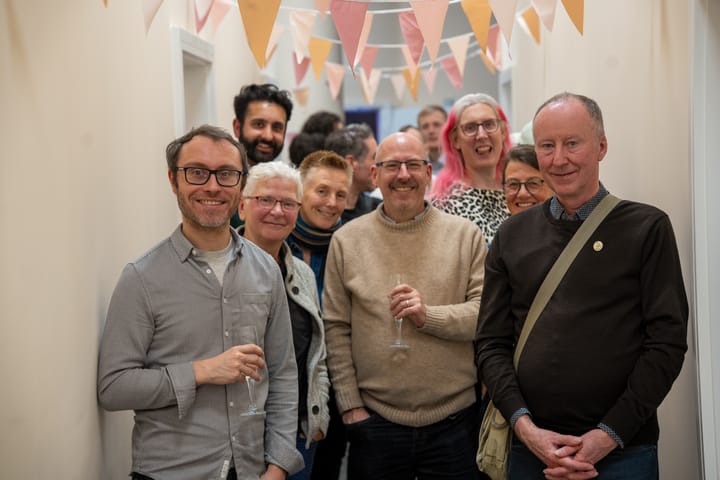
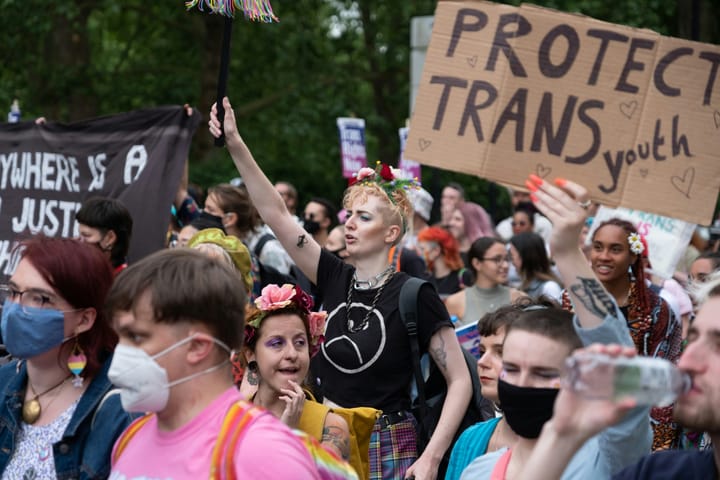
Comments ()